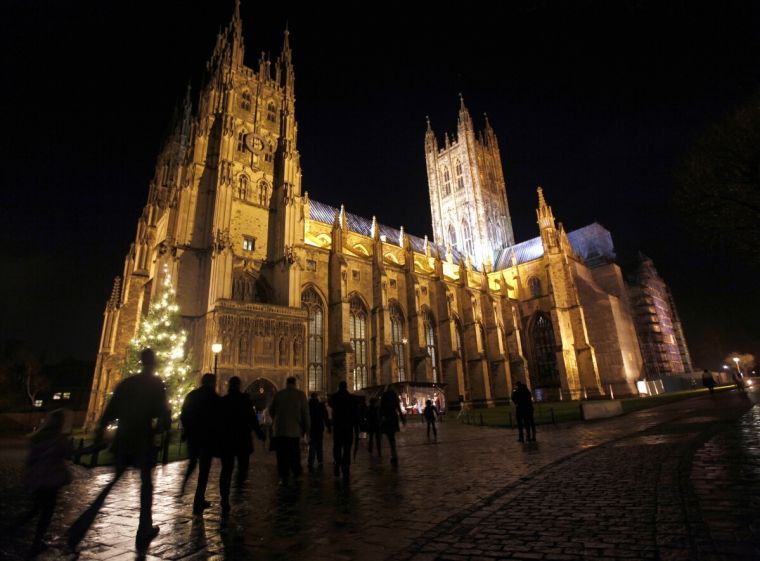Church decline: Is evangelicalism to blame?

Nearly half the country has no religion, says a new survey by Lancaster University researchers.
There's also been a significant increase in the number of "nones" in the last three years.
The significance of these figures in terms of actual numbers attending church isn't all that obvious; we all know that's been going down for ages, and whether you accept the assurances of church leaders that the green shoots have bottomed out depends largely on your propensity to optimism.
This survey – whose results are released tomorrow – isn't just about numbers attending, though, but about how people actually feel about Church. Increasing numbers no longer feel it represents their spiritual and moral values. This is a change. In times past, people might not have attended very often, if at all, but they still identified at some level with it. "I'm C of E, I suppose" was the unreflecting response to questions about religion.
One reason is that society has changed and most of the Church has not. Lancaster University's Linda Woodhead says: "Religious sexism and homophobia is one part of the reason why we are now a 'no religion' majority country – overwhelmingly so amongst younger generations."
Resistance to women's ministry might not, in fairness, be exactly sexism, and resistance to same-sex marriage might not be down to homophobia, but that's the perception. That, conservatives might say, is the price you pay for faithfulness to the gospel. Chasing popularity at the expense of principle is the road to ruin.
This is a problem without a solution: being against homosexuality in a liberal society is never going to be wildly popular except among people with whom the Church wouldn't really wish to be associated. Whether a Church that embraced same-sex marriage would do any better at the numbers game is a different question. Judging by the experience of the Episcopal Church in the US, the answer is no; it is declining rapidly.
But is the problem even more fundamental than that?
During the last few years evangelicalism has become the dominant force in UK Christianity. One of its key distinctives is the need for the individual to choose to become a disciple of Jesus. For evangelicals, no one is born a Christian. It is a personal decision, to be marked in the lively and flourishing charismatic-type churches by baptism, the rite of initiation into the Church. Churches might have a "fringe" of people who attend parents and toddler groups and other social-type meetings – and they might even turn up to services occasionally – but they aren't part of the "real" church unless they're committed believers.
On this understanding, the reluctance of people to say that they are Christians is an inevitable part of the evangelical narrative: "We know we aren't Christians, because you tell us we aren't."
And that, an evangelical Christian might say, is the price you pay for faithfulness to the gospel. Chasing popularity at the expense of principle is the road to ruin.
But what it means is that just as the world is moving further away from the Church, through the public affirmation of forms of behaviour the Church really struggles with, so the Church is moving further away from the world, with its increasing insistence on drawing hard and fast lines around who's in and who's out.
Many evangelicals – perhaps most – will want to say, "That's just the way it is. The Church is a Church of disciples or it isn't a Church at all."
At its most fundamental level, that has to be true. As a Baptist, my own spiritual ancestors left the established Church of England because they couldn't accept that it included so many people who were part of it by virtue of their baptism but showed no evidence of faith in their lives.
But evangelicalism has to ask itself whether it's entirely helpful to remove people's sense of belonging by confronting them with a choice they might not be ready to make. A binary, in-or-out, adversarial gospel is not always very appealing.
Is it possible to combine warm inclusivity with a full-blooded call to repentance and faith? It won't be easy, but without that sort of theological and pastoral effort the Church will be increasingly sidelined from the mainstream of public life and thought.
Follow Mark Woods on Twitter: @RevMarkWoods











